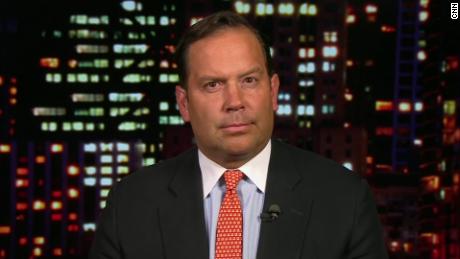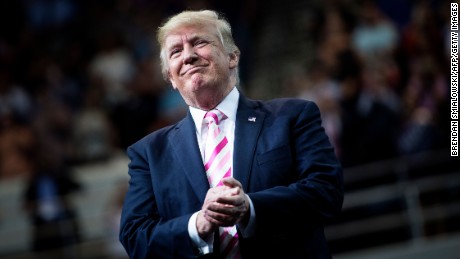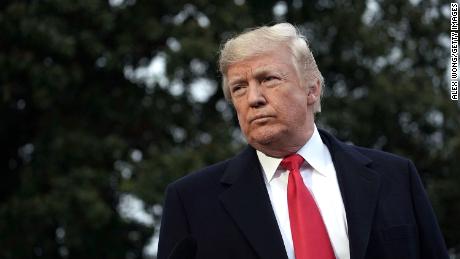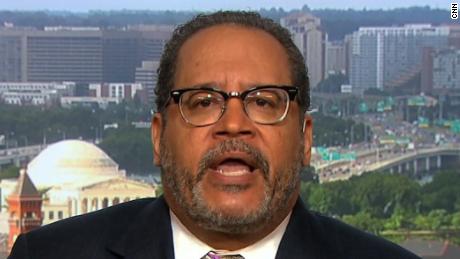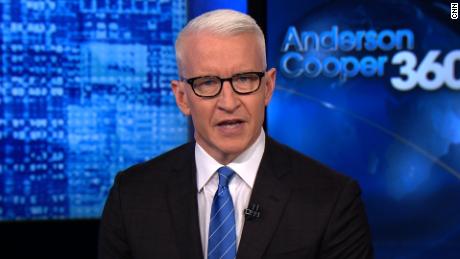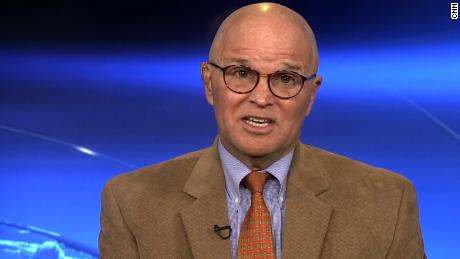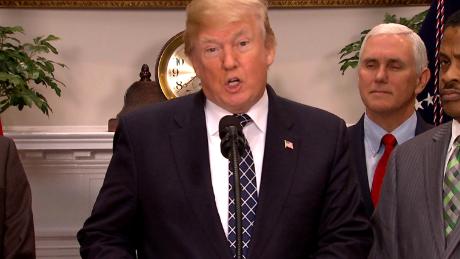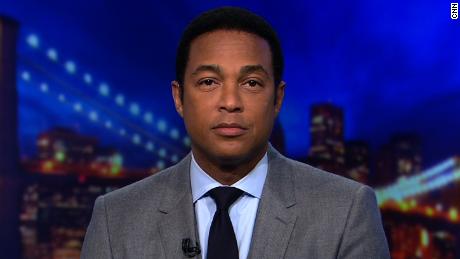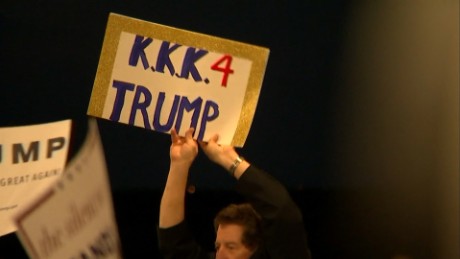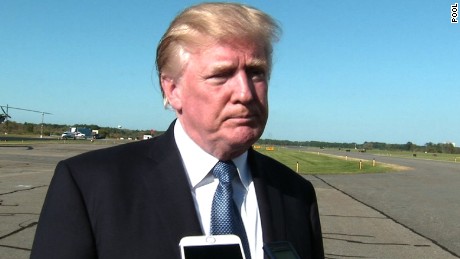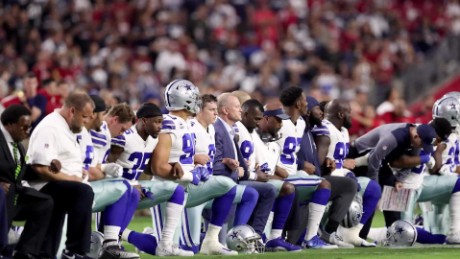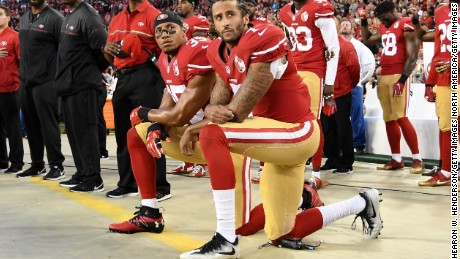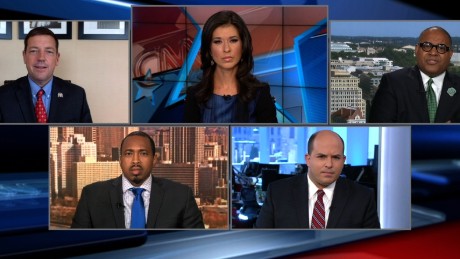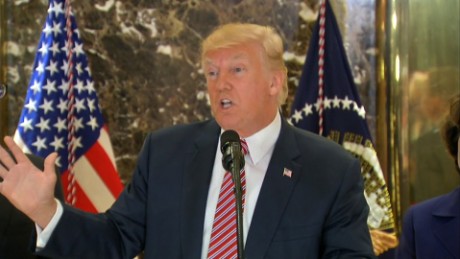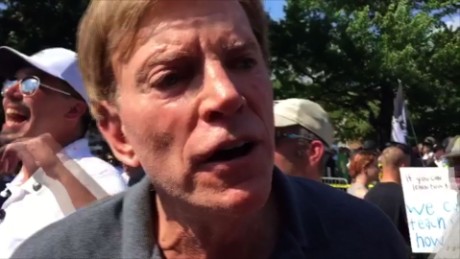(CNN)Amid the white supremacist-fueled violence over the weekend in Charlottesville, Virginia, and President Donald Trump's assertion that "both sides" bear responsibility for it, there's an active debate about whether any president has ever behaved like this before in the face of a national crisis. Hoping to find some answers -- and some much-needed historical context -- I reached out to Tim Naftali, a history professor at New York University. Naftali is also the former director of the Richard Nixon Presidential Library and is a CNN contributor. Our conversation, conducted via email and lightly edited for flow, is below.
Cillizza: Put Trump's comments about Charlottesville over the past four days into some sort of historical context? Has any modern president ever done anything like this before?
Naftali: In the turbulent Civil Rights and Vietnam era, some of our presidents showed moral cowardice in trying somehow to condemn hate without alienating haters in their political base -- John F. Kennedy after the Freedom Riders were attacked in May 1961 (he would redeem himself in June 1963), Richard Nixon after Kent State in 1970.
Donald Trump, however, took this cynical verbal gymnastics to a new low by being the first to equivocate in front of the cameras about a neo-Nazi/white nationalist march. There is no way that an American veteran of World War II, or frankly of any war, could or would have done that.
Cillizza: Trump made an argument that getting rid of a Robert E. Lee statue starts us down a slippery slope of historical revisionism. As a historian, what's your response?
Naftali: This is nonsense. The use of the term "revisionism" in this matter is a red herring. History involves the ceaseless process of discovery, analysis, interpretation and re-interpretation.
The issue at the moment is the symbolism of the statues. Most of those in our towns and cities represent the marking of territory by post-Civil War generations of segregationists who wanted to perpetuate "The Cause." They were intended to humiliate and scare as much as to celebrate a common experience.
The Lee statue in Charlottesville, for example, was erected in 1924, at a time of great social change after World War I and bitter political reaction. The push to remove these statues is not equivalent to an ahistorical effort to remove the story of the Confederacy from US history. No historian, I believe, would advocate for plowing under the Gettysburg or Antietam battlefields, historical landmarks that we, as Americans, should visit to reflect on all aspects of our past.
Cillizza: Let's explore Trump's comparison between Robert E. Lee, George Washington and Thomas Jefferson. Is it a fair comparison, historically speaking? Why or why not?
Naftali: There is a fundamental difference between a traitor who took up arms against US soldiers and the country's founders, whatever their personal moral failings.
Moreover, Washington and Jefferson are more complicated on the matter of slavery than the defenders of the Confederacy. Jefferson, who had slaves, nevertheless authored an ordinance in 1784 to prevent new states that entered the Union from allowing slavery. In his will, George Washington freed his slaves at the time of the death of his wife, Martha Washington. Six decades later, Robert E. Lee killed the successors of Washington's army for the sake of a secessionist slave-holding empire.
Cillizza: What would Washington or Jefferson have made of Trump?
Naftali: No idea. "What's tweeting?" "What's a Nazi?" "Why doesn't this Chief Executive wear a better wig?"
Cillizza: Finish this sentence: "When the history books about Trump's presidency are written, the Charlottesville episode will be _________." Now, explain.
Naftali: Historians are terrible prognosticators, especially this one, but given the trend lines today, the Charlottesville episode is likely to be viewed by later historians as a pivotal moment in President Trump's political collapse and a defining moment in the history of the Republican Party. If it isn't viewed in those ways, then future historians may well be writing about a very different America.



